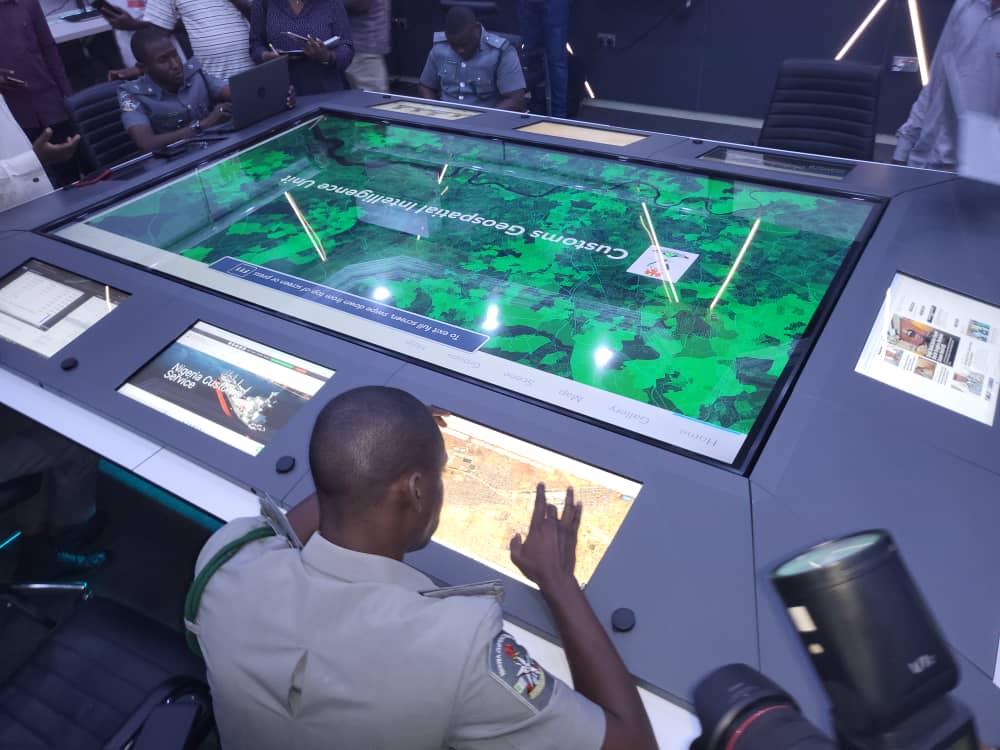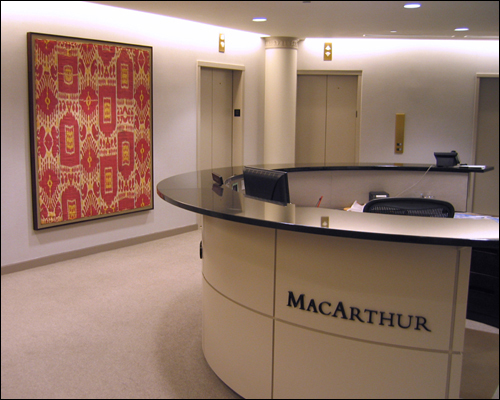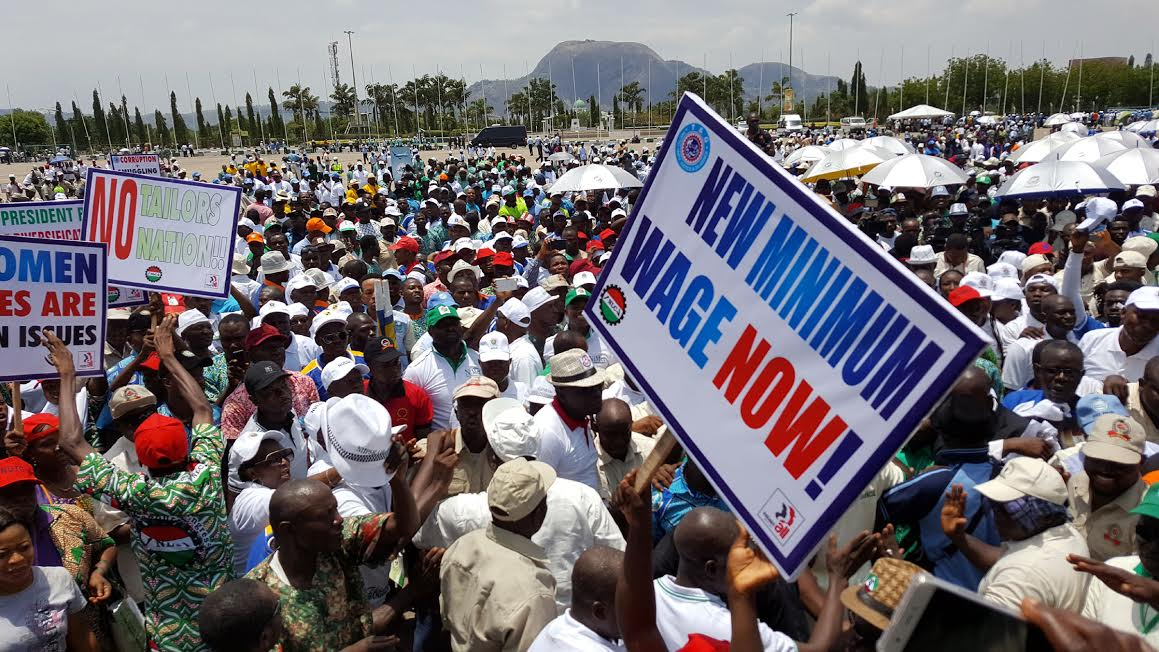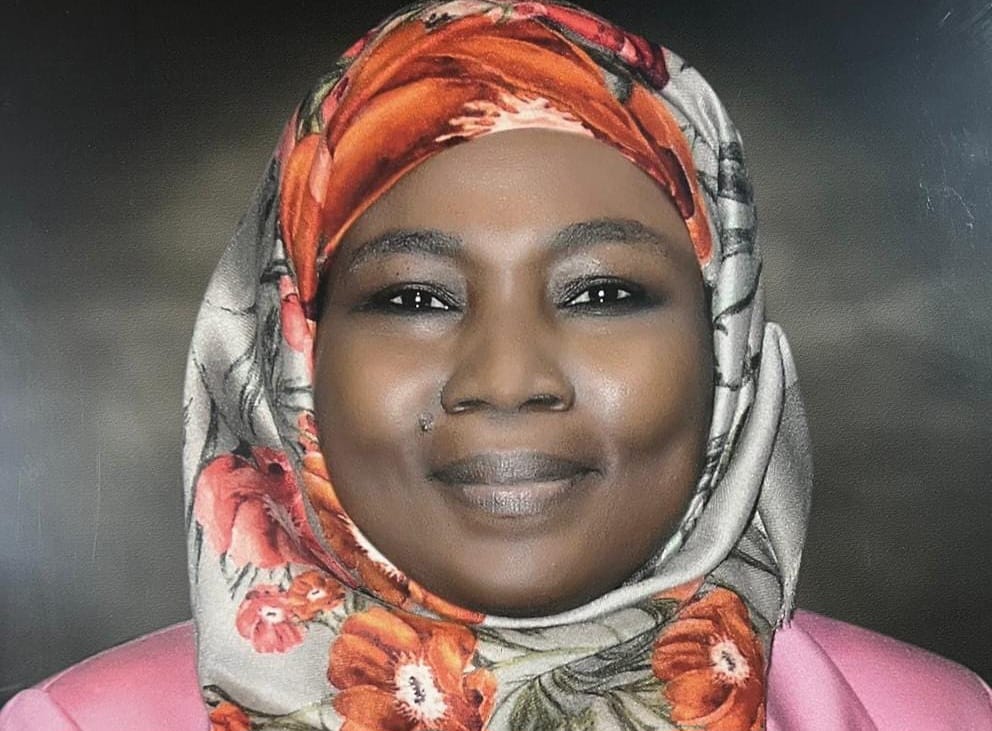I have always been an advocate for modernised government institutions because I see it as a way to make their operations efficient.
Apart from efficiency, revenue-generating agencies that are automated would lead to having a system where leakages of revenue are reduced, especially in times like these where the government needs every kobo to fund its operations and budget.
For this article, I would like to focus on the Nigeria Customs Service (NCS) because it has the potential to generate a significant percentage of the revenue the government needs.
During the last budgeting process, lawmakers in the national assembly insisted that leakages should be blocked and revenue-generating agencies should be enhanced so that the 2024 budget of ₦28.7 trillion can be funded.
Advertisement
The 2024 budget has a ₦10 trillion deficit. This means that the government intends to spend monies it does not quite have — yet.
Now, I am not saying Customs alone should give the federal government all the revenue it needs – that would be killing a horse that is already trying to serve you well. But my argument is that there is room to improve the services of Customs.
Also, there is the need for the federal government to prune down its excessive spending to be able to properly fund the budget – this entirely is an important topic that must be addressed thoroughly.
Advertisement
Back to my point, in April, Adewale Adeniyi, comptroller-general of NCS, said the service had collected more than ₦1.3 trillion in revenue in the first quarter of 2024.
While the feat may be good to some or bad to others, if Customs could generate the aforementioned figure in just three months, just imagine how much it lost because its systems are not automated.
Keep in mind that for 2024, Customs has a target of ₦6 trillion which it intends to put in the coffers of the federal government.
The truth about it is that there will always be people who would want to beat the system, and a lot goes on “unnoticed” to the detriment of the country.
Advertisement
That brings me to the 20-year deal customs has with the Trade Modernisation Project (TMP).
For those who are not acquainted with the project, it simply seeks the automation of the processes of Customs and improvement in the trade value chain which would make it easy to obtain import and export clearances, pay duties and obtain the release of goods in record time.
It is a case where a system would be built, operated by the private partners and later handed over to Customs to run after 20 years.
Big economies like the European Union (EU) and China are at different stages of implementation of trade modernisation.
Advertisement
Nigeria’s trade modernisation project, which began in 2022 but was inaugurated in 2023, is targeting $250 billion in revenue for the federal government after an investment of over $3 billion during the 20 years.
When operational, the NCS would have a unified Customs management system, electronic port system, logistics monitoring system, mobile enforcement system, intelligent gate (iGate) system and electronic cargo tracking system (ECTS).
Advertisement
If the country has a system where containers that do not need secondary inspection leave the ports on time, more revenue could be generated.
Congestion of the ports in Lagos state was costing importers about $4,000 to move their goods as of 2020.
Advertisement
Now in 2024, there could be even more loss of revenue for customs and huge cost implications for the importer which are not healthy for the country’s economy when quantified.
The system that is being built also has a geospatial component where ports and borders can be monitored in real-time at TMP’s offices in Abuja. This has the potential to curb the growing problem of smuggling.
Advertisement
Speaking with journalists recently, Ahmed Ogunsola, TMP’s general manager (GM), said “significant” progress has been made in the deployment of hardware, software, and technological services.
Ogunsola said every code the system would need is being written in-house by a joint team of TMP and Customs officials.
“All we are doing is providing systems and platforms as well as services that enhance those functions and activities of the NCS,” he said after conducting reporters around TMP’s offices.
“Phase one of the project covers years one to six, phase two covers years seven to 13; phase three is year 14 to year 20.”
In January, Wale Edun, minister of finance and coordinating minister of the economy, said the federal government would rely less on borrowing and more on revenue to finance the 2024 budget.
If the government truly wants to rely on revenue to fund its budget, it must ensure that the modernisation of revenue-generating agencies remains a top priority.
As of the second quarter of 2023, Nigeria’s total public debt rose to a staggering ₦87.38 trillion representing an increase of 75.29%.
While debt may be good to finance projects that could stimulate the economy, having a budget surplus would ensure fiscal discipline and stimulate the economy even more because the private sector would get capital at low interest rates.
The federal government must ensure that the Customs trade modernisation project is successful and look for ways to modernise other aspects of the economy.
Shibayan can be reached at [email protected].
Views expressed by contributors are strictly personal and not of TheCable.







